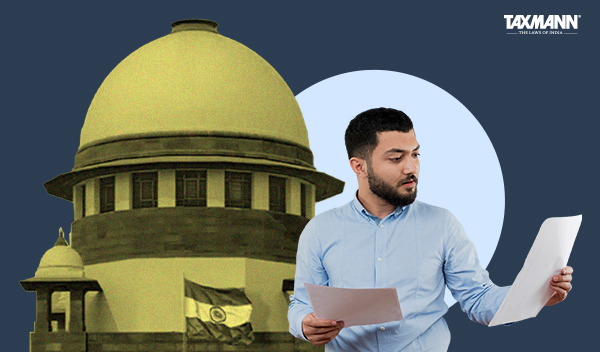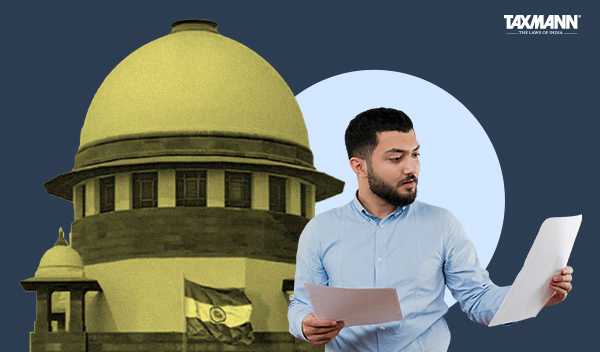
Case Details: Vinod Kala v. Commissioner of Income-tax-II - [2025] 176 taxmann.com 240
Judiciary and Counsel Details
- Vivek Rusia & Binod Kumar Dwivedi, JJ.
-
P.M. Choudhary, Sr. Adv. & Anand Prabhawalkar, Adv. for the Petitioner.
-
Harsh Parashar, Adv. for the Respondent.
Facts of the Case
The petitioner was the son of a deceased person who was engaged in the business of Electrical Installation Work. The deceased had executed a will, appointing the petitioner as the executor of the will. After the death of his father, the petitioner filed all the income tax returns in respect of the income derived by his father during his lifetime for the periods during which his father was alive, as he was unable to file his tax returns due to his ailment.
The petitioner, being the executor of the will, is deemed to be the legal representative of the deceased. The returns for the Assessment Year 1995-96 were filed beyond the prescribed period for a belated return. Since a refund was receivable in respect of Tax Deducted at Source from the deceased’s income, the petitioner approached the Chief Commissioner of Income Tax and requested that he condone the delay in filing the said return.
The Commissioner raised a doubt regarding the validity of the return filed by the petitioner, claiming him to be the legal representative of the deceased in the capacity of executor of the deceased’s will. The order under Section 119(2)(b) had been rejected, and the petitioner filed a writ petition to the Madhya Pradesh High Court.
High Court Held
The High Court held that the petitioner was the son of the deceased and fell within the definition of ‘Legal Representative’ as contained in Section 2(29) of the Income Tax Act. No family member of the petitioner had challenged the will.
Section 159 of the Income Tax Act provides for the legal representative. The said section creates a fiction and provides for assessment by the legal representative on behalf of the deceased. It is not disputed that an executor is also included in the term “legal representative” because the said term is defined to have the same meaning as assigned to it in Clause (ii) of Section 2 of the CPC, which states that “legal representative” means a person who in law represents the estate of a deceased person.
In light of the judgment relied upon by the petitioner and also the provisions as contained under Section 2(29) and 159 of the Income Tax Act and Section 2(11) of CPC, it was held that the Commissioner committed an error in raising a doubt regarding the petitioner’s capacity as the legal representative of the deceased.
List of Cases Reviewed
- Raghunathdas Kakani v. Addl. CIT [1979] 2 Taxman 584/122 ITR 952 (Madhya Pradesh)
- CIT v. A.M.L. Price [2007] 165 Taxman 54/295 ITR 45 (Allahabad) (para 8) followed
List of Cases Referred to
- Raghunathdas Kakani v. Addl. CIT [1979] 2 Taxman 584/122 ITR 952 (Madhya Pradesh) (para 8)
- CIT v. A.M.L. Price [2007] 165 Taxman 54/295 ITR 45 (Allahabad) (para 8)
- CIT v. G.B.J. Seth [1981] 6 Taxman 318/133 ITR 192 (Madhya Pradesh) (para 8).
The post Executor of Will Is Legal Representative Liable to File ITR of Deceased | HC appeared first on Taxmann Blog.

